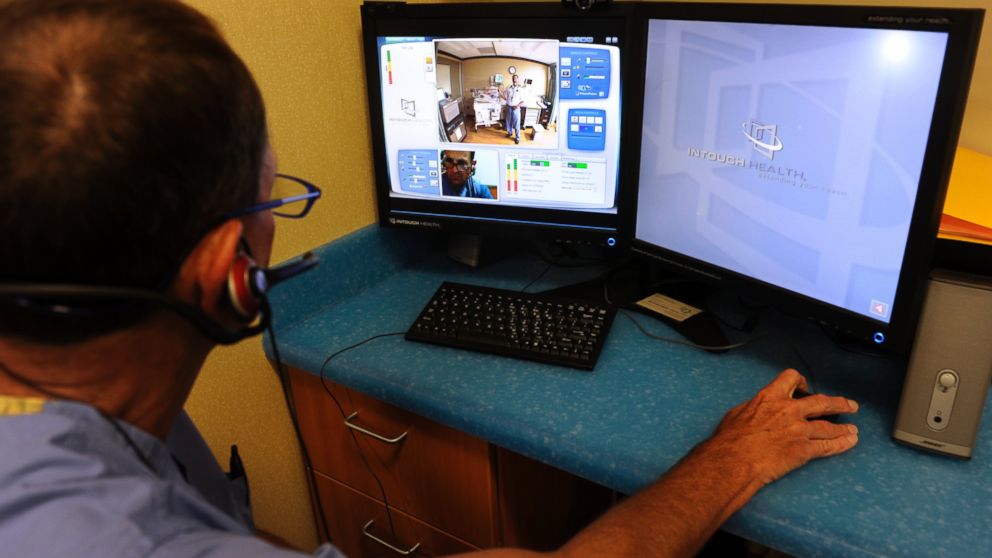You Can Video Call a Doctor Now, But Should You?
When you can (and can't) skip a face-to-face visit with your doctor.

— -- intro:In a world where you can manage your money, order a ride to the airport, and shop for pretty much everything via your phone, going to the doctor’s office is probably one of the only things you still do face-to-face. For the most part, that’s for a good reason. Your medical care requires much more specialized expertise than depositing a check, after all.
But if you’ve ever waited more than an hour at an urgent care clinic for a sore throat, you know that the whole business of going to a doctor can seem frustratingly antiquated. How many times have you wanted to see a doctor, but decided to postpone it for as long as possible on account of the hassle? The trek there, the rude receptionist, the waiting room–all for just three minutes of doctor time. Oy.
15 Medical Problems Doctors Often Miss
Well, it looks like change might finally be on the horizon: Thanks to the growing availability of telemedicine or telehealth services, you can now skip all of that noise and video conference with a doctor from home any time–even in your pajamas. Sounds amazing, if also a little too good to be true. We talked to experts to find out whether it’s worth a try.
quicklist: 1category: You Can Video Call a Doctor Now, But Should You?title: Is it safe?url:text:Telemedicine has actually been around for some time. Right now there are about 200 telemedicine networks and more than half of U.S. hospitals are using it in some way to better connect doctors with patients with chronic illnesses like heart disease, according to the American Telemedicine Association. Certain health insurance companies are also hopping on-board to reimburse for online visits. But because of the wide availability of smartphones it’s only now that we’re starting to see new services for everyday health complaints.
Even the always conservative American Medical Association agrees that it can be helpful, though it’s not a total substitute for in-person care. "We need more research, but there are plenty of circumstances where a video call with a doctor could work,” says Robert M. Wah, MD, president of the American Medical Association and a reproductive endocrinologist in McLean, Va. That said, he adds: “Better information is what leads to better decisions, so on balance, face-to-face is best. Being in the office with your doctor offers a more complete picture of whatever is going on.”
Scary Symptoms You Can Relax About
But according to some of the brains behind the phenomenon—executives who see a business opportunity in making healthcare more accessible and yes, the physicians moving their practices online—when used appropriately, telemedicine is not only safe, it’s a much-needed option.
“The fact is my doctors are treating patients every day who have gaps in their care,” says Peter Antall, MD, a pediatrician in Thousand Oaks, Calif. and president and medical director of the Online Care Group, which provides doctors for patients to see online via Amwell. “We don’t aspire to be your primary care physician, but we recognize that many people don’t have a primary care doctor. Even if they do, it’s not convenient or even feasible for that primary care doctor to be available 24-7.”




